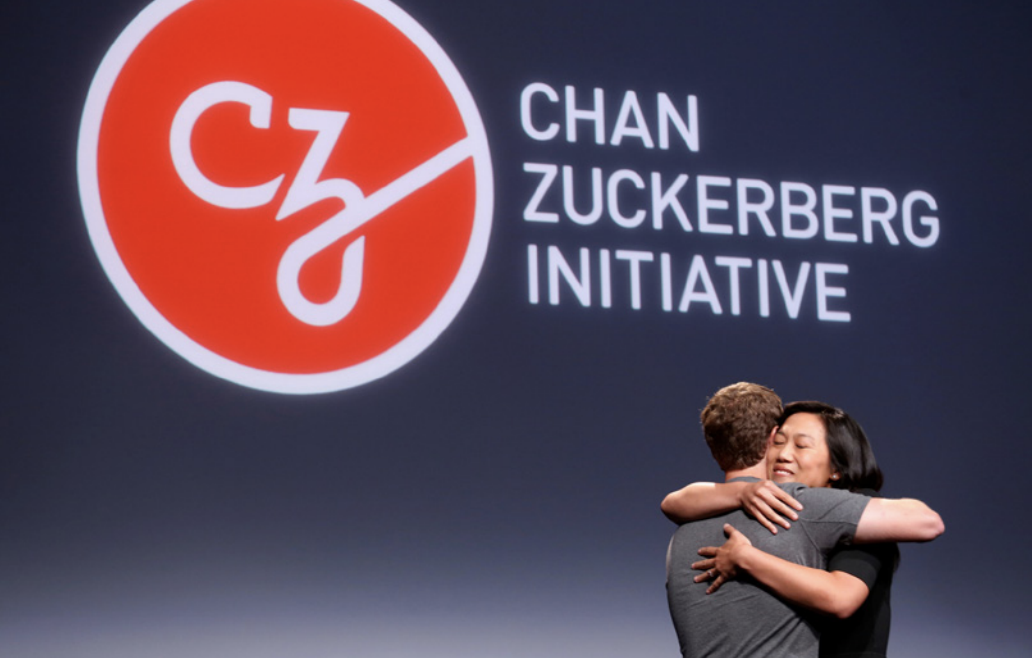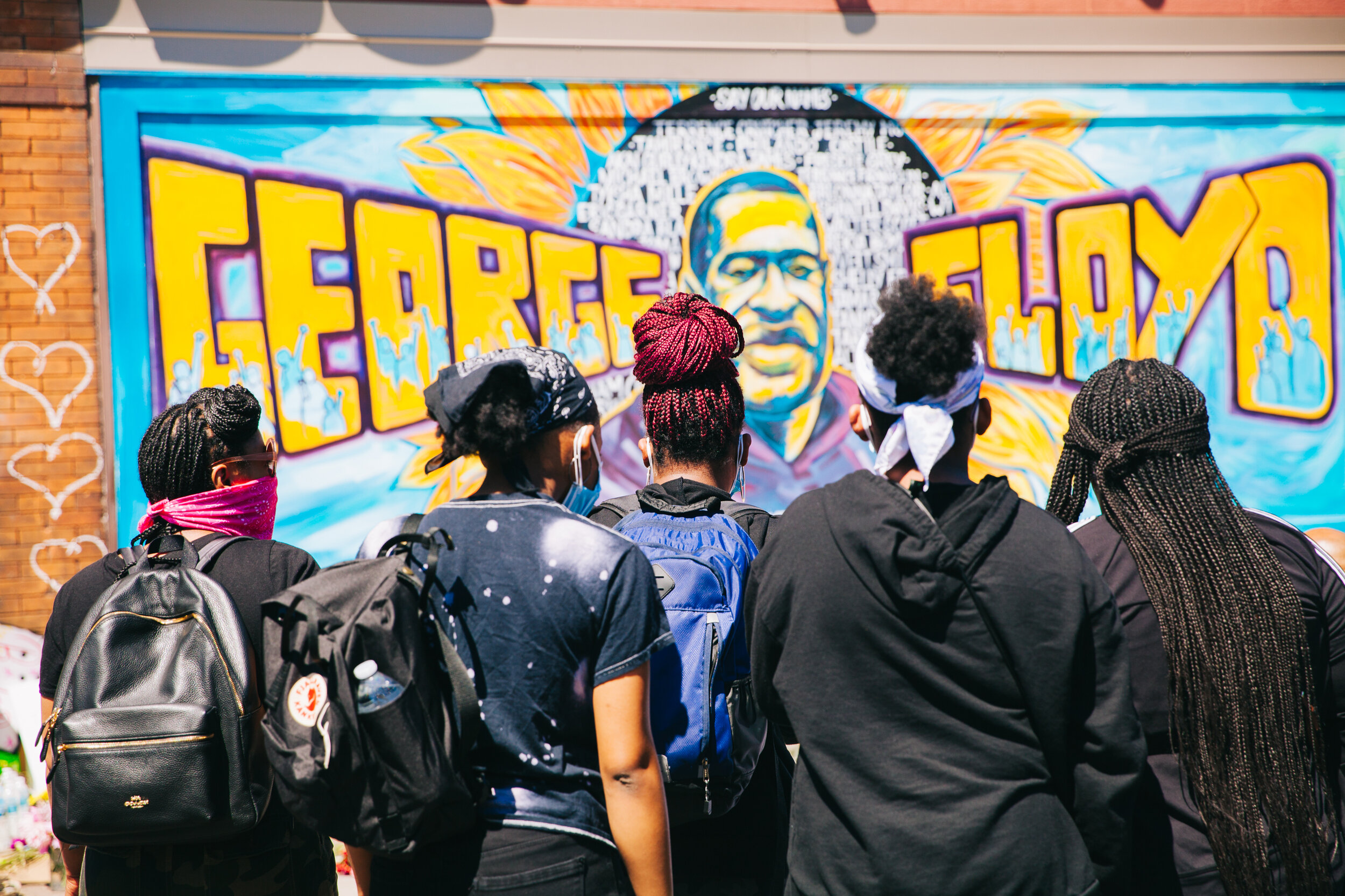Category: News
Five Ways Funders Can Support Movements Building True Multiracial, Feminist Democracy
Five Ways Funders Can Support Movements Building True Multiracial, Feminist Democracy
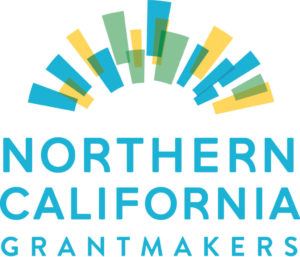
In a recent article written for Northern California Grantmakers’ blog, Solidaire’s Rajasvini Bhansali and Political Research Associates’ Tarso Luís Ramos share their thoughts on plotting a course forward in light of November’s presidential election results and an energized far right. They reflect on philanthropy’s pivotal role to play in leading us towards a more just democracy by investing in the transformational power of social movements. Their top 5 recommendations to guide funders:
1. Break the cycle of defunding justice movements during Democratic presidencies. A massive reallocation of resources away from field building toward public policy advocacy often follows the election of Democrats to the White House. This time around, progressive philanthropy must break that pattern and continue to resource the very movements that have pulled us back from the brink. Right-wing gains will limit the incoming administration. The Senate remains divided, and five seats were flipped in the House. At the state level, Republicans will hold at least 60% of state legislatures in 2021. The 2022 midterms will leave 35 state governor seats up for election. The sustained work of movement organizations Fair Fight in Georgia and LUCHA Arizona amongst so many others made record voter engagement possible. Fortify voter mobilization and voter education efforts with resources to build infrastructure and long-term power as advocates face legislative battles beginning in 2021 and build momentum to gain ground in 2022.
2. Fund base-building, strategy development, and infrastructure for Black, Indigenous, Latinx, and other communities of color. The THRIVE Agenda for just, healthy, and equitable society was introduced by a broad coalition of social and economic justice organizations working in partnership with legislators. Movement for Black Lives Electoral Justice Project brought forward the Breathe Act, that invests in new, non-punitive, non-carceral approaches to community safety, allocates new money to build healthy, sustainable and equitable communities and holds political leaders to their promises. We also witnessed the launch and growth this year of the Frontline – a collaborative united front campaign that seeks to advance a progressive roadmap through the current anti-democratic crisis. Make direct, unapologetic, multi-year investments in the new generation of anti-racist leaders and movement-led initiatives building durable power.
3. Move money to the powerful ecosystem of Black-led social change organizations around the country. White supremacist groups remain an active threat to communities across the country. Through the Black Liberation Pooled Fund, Solidaire is making urgent movement protection grants and multi-year commitments to movement infrastructure, Black resistance and Black futures. The Black Liberation Pooled Fund was launched in June 2020 as a critical opportunity for donors and foundations to step up in defense of Black lives. In August, the David and Lucile Packard Foundation pledged $20 million over the next two years to the fund as part of its commitment to improving grantmaking to support justice and equity. Movement leaders and grassroots organizers from targeted communities deserve resources quickly to ensure their digital and physical safety in the face of increasing threats from a militant, hard-Right resistance movement.
4. Support intersectional social justice feminism to fight patriarchy and White supremacy. Aleyamma Mathew and Nicolette Naylor make the case that anti-blackness is global and gendered, and philanthropy’s response must be too. Invest in visionary women’s leadership and focus on intersectional reproductive justice issues like the care economy and transforming the carceral system. But, we must also contest the Right’s seeming monopoly on religious morality and activism. Emboldened Christian nationalists, with an increasingly militant evangelical branch, are successfully building alliances across far-right sectors to impose patriarchal order. The conservative majority in the U.S. Supreme Court (and entire federal bench) will likely threaten the durability of Roe v. Wade and LGBTQI civil rights. Yet, the vast majority of the religious community does not espouse these values. Bridging secular and religious movements led by people of color intent on securing reproductive freedom and bodily autonomy could produce a seismic power shift in the country. Fund innovative feminist leadership and strategies because defeating White supremacist patriarchy is essential to securing democracy, and because of the proven effectiveness of these movements.
5. Fund narrative strategies that build solidarity while confronting White supremacy head on. Perhaps the most potent threat to building multiracial, pluralistic democracy is the resurrection of Reconstruction-era narratives of division across racial lines. The driving theory and fear is that a diminishing White population faces an existential threat from Black resistance, immigrant replacement, and minorities who gain power. Today, White supremacist violence is directed against Jews, Muslims, Black and Latinx people, as well as Asian Americans. Funders are supporting pop culture campaigns and narrative messaging to strengthen voting rights, increase media representation, and flip the script on stereotypes and negative depictions of people of color. Yet, without a clear framework and counter-narrative, efforts to “unify Americans” risk diluting anti-racist strategies into messages and policies that appeal to an imagined center. Intersectional movements want resources to popularize pro-racial justice, pro-Black messaging that counters White nationalist narratives designed to pit communities against each other, while unapologetically advancing racial justice and a vision of multiracial democracy in which everyone can thrive.
“Five Ways Funders Can Support Movements Building True Multiracial, Feminist Democracy” by Rajasvini Bhansali, Executive Director, Solidaire Network and Tarso Luís Ramos, Executive Director, Political Research Associates. Northern California Grantmakers / November 12, 2020
Read the full article here.
Donors and Foundations Are Increasingly Supporting Movements
Donors and Foundations Are Increasingly Supporting Movements
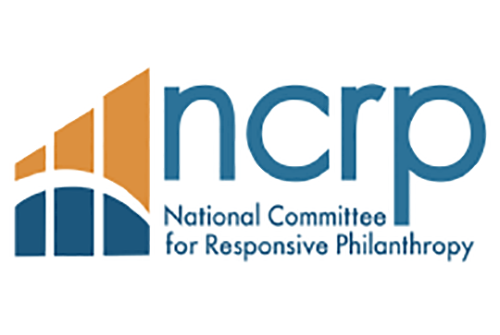
In November’s issue of Responsive Philanthropy, National Committee for Responsive Philanthropy president and CEO Aaron Dorfman shares how donors and foundations have been moving huge sums to racial and social justice movements and community organizing.
While large foundations like Ford and Mellon have been upping their funding to movements, smaller foundations have also stepped up to meet the moment. Take the Kolibri Foundation, a new family foundation founded by Solidaire members, who recently made a commitment to fund the Movement for Black Lives (M4BL) with $500,000 a year for 10 years.
Dorfman outlines 5 imperatives for giving as we head towards 2021:
Here are 5 of the most important things funders can do:
1. Increase grant spending. Many nonprofits are reeling from the economic impact of the pandemic. Additionally, the opportunities for winning significant policy change in 2021 are substantial. Increased spending is essential.
2. Make long-term commitments to social and racial justice work. We might well have some important wins in 2021, but long-term support for movements is needed if we want to truly build a better society.
3. Invest in organizations led by Black people, Indigenous people, other people of color and immigrants. For too long, philanthropy has underinvested in these organizations. This useful guide from ABFE and Bridgespan can help you get started.
4. Give general operating support. Organizations always need flexible dollars, and especially so in this chaotic time.
5. Invest in the South. If we don’t fund social change in the South, our nation won’t move forward.
“Donors and Foundations Are Increasingly Supporting Movements” by Aaron Dorfman, Responsive Philanthropy / November 10, 2020
Read the full article here.
A Call to Action for Foundation Trustees Committed to Dismantling Racism
A Call to Action for Foundation Trustees Committed to Dismantling Racism
Wondering how foundation trustees can make their commitment to racial and gender justice a reality? Read, join, and share this call to action signed by over 40 white trustees and consultants (including several Solidaire members) working in philanthropy.
At this moment, many of us feel called to name foundation practices that reinforce, rather than disrupt, the white supremacy, anti-Blackness, and structural inequality upon which foundation wealth has been built and is maintained. We use this communication to focus our collective attention on proposed remedies where power is exercised with the most impact — in foundation boardrooms.
To start to build more trust between foundations and their grantee partners — especially those with Black, Indigenous, and People of Color (BIPOC) leaders and constituencies — it is essential that in the years ahead, trustees fulfill these promises by making systemic changes in their funding and internal practices that are commensurate with the passion of their statements today. Let these pivots signal a new way of working, rather than a temporary fix.
Read the full call to action here.
Take action: Add your name and spread the message.
Donors Help Progressive Nonprofits Protect Themselves From Growing Security Threats
Donors Help Progressive Nonprofits Protect Themselves From Growing Security Threats

Rajasvini Bhansali, executive director of Solidaire, recently spoke to the Chronicle of Philanthropy about creating the Janisha R. Gabriel Movement Protection Fund, a dedicated pool of security funding for movement leaders to stay safe in the face of rising threats to their physical safety as well as cyberthreats.
…Solidaire, a network of about 200 wealthy donors and foundations, started its own security fund last month with $1 million, using money from a $20 million contribution that the David and Lucile Packard Foundation had made to Solidaire’s Black Liberation Pooled Fund.
It quickly became clear that amount wouldn’t be enough to last through the end of the year, Bhansali said, so Solidaire went back to its network of donors and plans raise an additional $1 million.
The group provides security-related grants ranging from $2,000 to $100,000. Grant recipients are using the money to beef up computer virus protection and provide security guards for highly visible movement leaders who have been the victims of physical threats or actual violence, Bhansali said.
Thirty-five grant applications flowed in from across the country within three weeks. “The need and the demand for this kind of protection is immense,” she said.
The need is so acute and so sensitive that the organization uses an encrypted application system to prevent hackers from learning the identity of applicants, she said. Solidaire has kept the application process simple — it takes about five minutes, Bhansali said, and decisions are made within two days after the request is made.
“Donors Help Progressive Nonprofits Protect Themselves From Growing Security Threats” by Dan Parks, The Chronicle of Philanthropy / October 22, 2020
Read the full article here.
Apply for a grant here.
How Funders Can Deepen Their Support for a Black-led Movement Ecosystem
How Funders Can Deepen Their Support for a Black-led Movement Ecosystem

In a new article for Inside Philanthropy, Rajasvini Bhansali, executive director of Solidaire Network, and Nwamaka Agobo, CEO of The Kataly Foundation, shed light on how the two groups have been mobilizing resources to build a Black-led movement ecosystem. They outline five priorities for supporting Black liberation work in an effort to encourage other grantmakers to intensify their efforts. They write:
Supporting Black liberation calls on philanthropy to liberate capital and wealth in new ways so we can build a durable Black movement for dignified Black lives…
It’s time to leave behind the rules and fund social movements so that Black-led groups have what they need to change our collective society for good. Ten years from now, when we who believe in freedom, human dignity and justice look back, let us be in a position to celebrate that when this movement asked us to step up and step in for our collective liberation, we replied with a most historical and resounding yes.
“How Funders Can Deepen Their Support for a Black-led Movement Ecosystem’” by Nwamaka Agbo and Rajasvini Bhansali, Inside Philanthropy / October 20, 2020
Read Nwamaka and Vini’s full article here.
The Kataly Foundation Launches
The Kataly Foundation Launches
The Kataly Foundation, an institutional member of Solidaire and a family foundation founded by Solidaire member Regan Pritzker, has announced their launch. CEO Nwamaka Agobo (also a longtime Solidaire consultant) writes:
I am honored to introduce you to the Kataly Foundation, a new family foundation that I will lead, working to redistribute and redefine wealth. In partnership and with humility, we’ll work to generate transformation, abundance, and regeneration in Black, Indigenous, and other communities of color.
“‘In Solidarity: Introducing the Kataly Foundation’” by Nwamaka Agbo, Medium / October 1, 2020
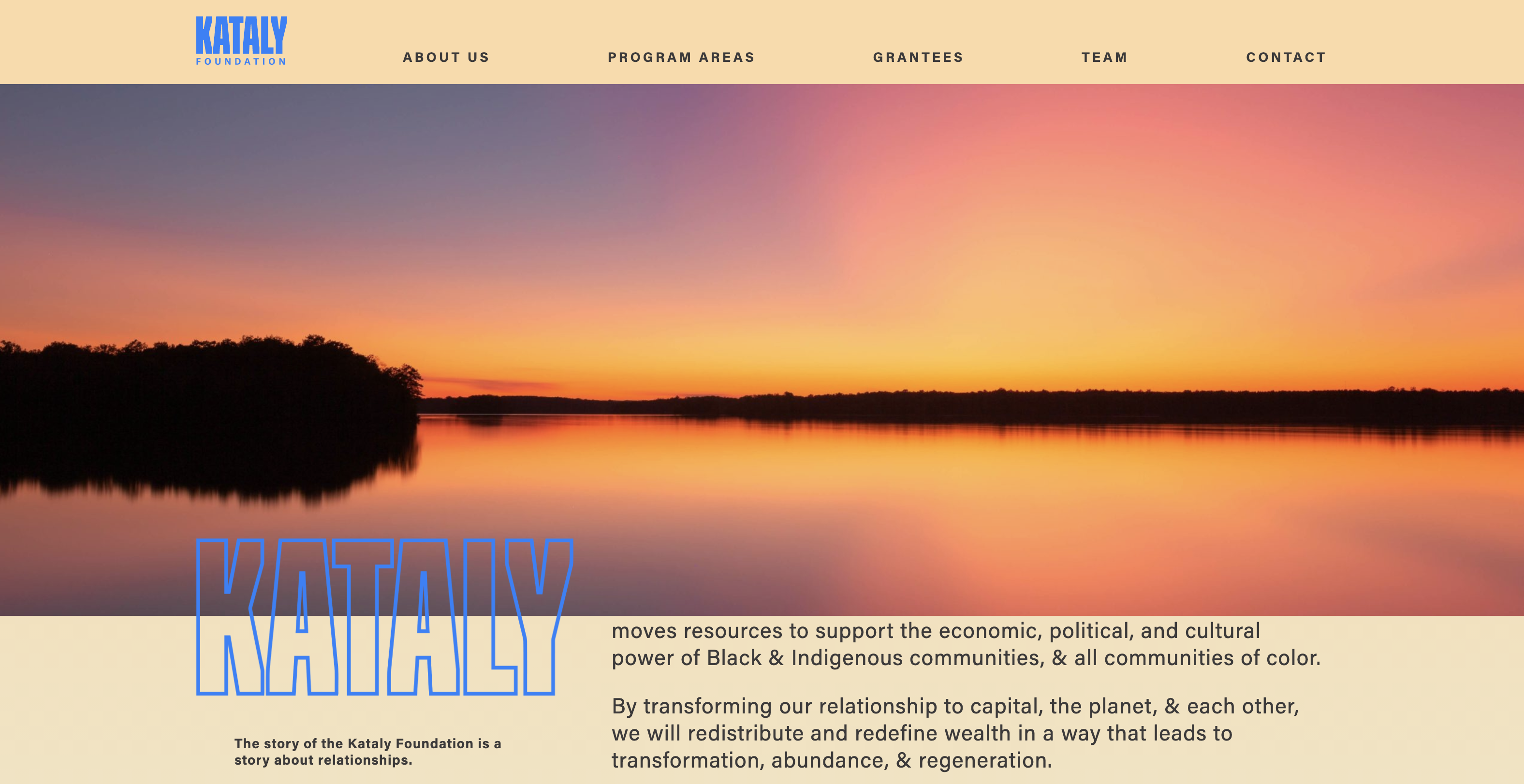
Read Nwamaka’s full post here.
‘Fund Us Like You Want Us to Win’
‘Fund Us Like You Want Us to Win’

Foundations are putting unprecedented billions into racial equity, but some grantmakers worry that too little is going to grassroots movements…
Community organizers are the ground troops in the fight for racial justice, yet they are often overlooked by institutional philanthropy, [some] critics say. The death of Rep. John Lewis was only the most recent reminder that powerful leaders often emerge from the rank-and-file of social movements.
“You need righteous agitators,” says Lateefah Simon, a lifelong advocate for racial justice who is president of the Akonadi Foundation [and Soliare board member]. “Systems don’t change themselves.”
“‘Fund Us Like You Want Us to Win’” by Marc Gunther, The Chronicle of Philanthropy / August 25, 2020
Read the full article here.
5 Questions for Rajasvini Bhansali, Executive Director, Solidaire Network
5 Questions for Rajasvini Bhansali, Executive Director, Solidaire Network
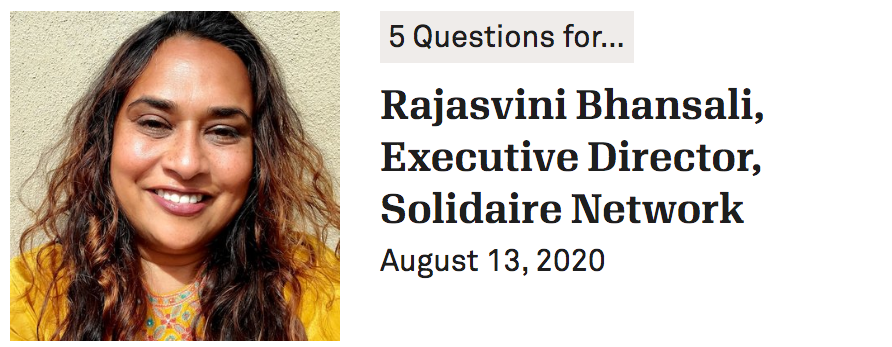
Philanthropy News Digest recently spoke with Vini about Solidaire’s activist-centered model, the meaning and implications of the reenergized movement for racial justice, and the organization’s latest fund.
We are heartened to see how deeply our members are committed to working together to eliminate racist attitudes, practices, and policies that harm working people and communities of color. We are also moved to see our donor members working internally and externally — and with humility and courage — with communities on the front lines of social change to provide the long-term, sustained support those communities need to liberate themselves — and all of us.
“5 Questions for Rajasvini Bhansali, Executive Director, Solidaire Network” by Kyoko Uchida, Philanthropy News Digest / August 13, 2020
Read the full interview here.
Family Foundation Moves Boldly and Urgently To Liberate Funds in Support of Black Lives
Family Foundation Moves Boldly and Urgently To Liberate Funds in Support of Black Lives
As a small, Southern-based family foundation, we were inspired to answer the latest call to action by Black movement leaders in the South and support a new initiative, The Southern Power Fund. Black, Southern organizing continues to receive only 4% of philanthropic dollars. As a family, investing in the Southern Power Fund is a way to interrupt this pattern.
Our grant reflects both the urgency of this moment and the importance of standing alongside and behind Black Southern leaders.
“The Homestead Foundation Moves Boldly and Urgently” by Shannon Cofrin Gaggero, National Center for Family Philanthropy / July 14, 2020
Check out Solidaire member Shannon Cofrin Gaggero’s blog post now up on National Center for Family Philanthropy‘s website urging fellow family foundations to pitch in for the Southern Power Fund.
Read the full post here.
The Movement for Black Lives Is on the Rise—and Funders Are Paying Attention
The Movement for Black Lives Is on the Rise—and Funders Are Paying Attention
On June 8, a group of leaders from the nonprofit and funding worlds held a call on philanthropy’s role in saving Black lives, led by Funders for Justice. Other call organizers included ABFE, Borealis, the Solidaire Network, Resource Generation, the Third Wave Fund and more. Close to 700 people participated, including many members of M4BL. The organizers called on philanthropy to provide the racial justice network with $50 million this year. In 2019, M4BL raised $2.7 million.
…Individuals and networks of individuals have long been the main supporters of the group, including Solidaire, Resource Generation, and the Women’s Donor Network.
“The Movement for Black Lives Is on the Rise—and Funders Are Paying Attention” by Julia Travers, Inside Philanthropy / July 9, 2020
Read the full article here.

